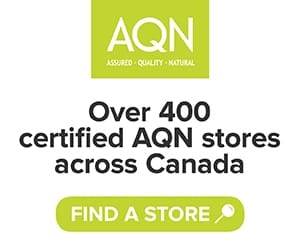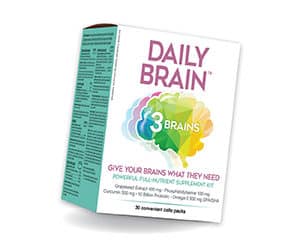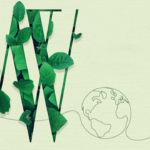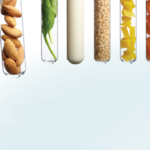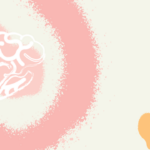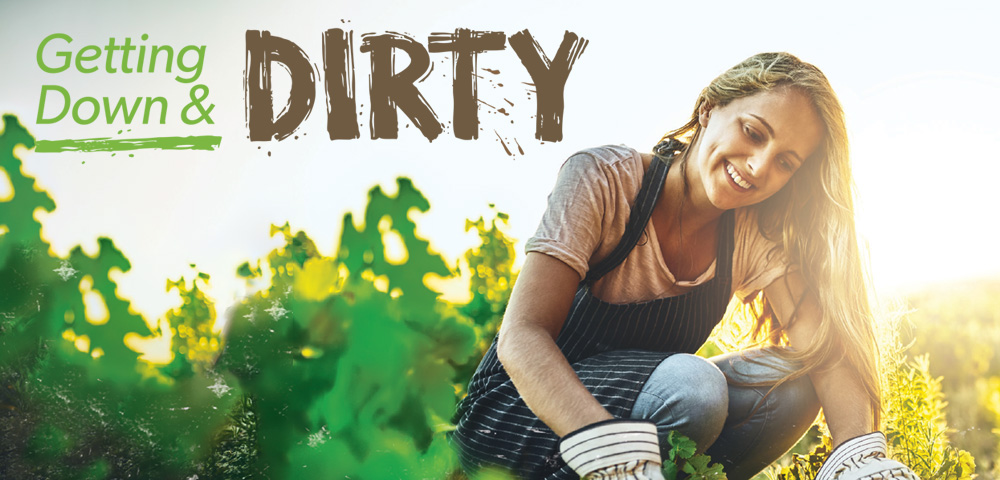
A walk in the woods, some weeding in the garden, and even the hard job of shovelling in new compost for your growing vegetables - getting close to the ground and its soil often leaves us feeling, somehow, nourished. Maybe we also step a little lighter for the experience.
No doubt activity plays a role here, perhaps spurring some exercise-induced endorphin production in the brain. But there is another factor at work, too: a serotonin- and norepinephrine-inducing microbe called Mycobacterium vaccae that lives in fresh dirt.
Early this century, a physician stumbled on the mood-boosting effects of good, rich soil. Dr. Mary O’Brien gave a serum made from the microbe to lung-cancer patients. She wanted to enhance their immune systems during treatment, but the more noticeable impact was on their sense of well-being. They had less pain. They felt happier and much less stressed. Since then, continuing research has shown that we don’t need a serum to enjoy the effects of M. vaccae. Even the familiar and pleasant aroma of good dirt, which scientists call “geosmin,” is enough to stimulate brain chemicals and create a mild antidepressant effect. And it might last far beyond your day in the woods or those hours in the garden. Experiments on lab rats suggest that the effects could last as long as three weeks.
Are the woods, flower beds, or vegetable gardens your happy place? Besides being outside and getting exercise, now you know there is an additional reason you feel so good.
Let’s Get Earthy in 2022
Let us make some positive changes for our planet in 2022! Below are a few steps you can take to live in a more environmentally sustainable way, courtesy of the website OneTreePlanted.org
Dry your clothes outdoors when weather permits. You’ll spare the earth about two pounds of carbon dioxide for each load you don’t put in the dryer.
Compost your yard waste and food scraps, which make up 30% of the waste that North Americans generate. If your city has a special bin for food scraps, be sure to use it. By composting, you’ll shrink landfills and reduce methane production, a huge contributor to global warming.
Weed out your junk mail to save trees and reduce waste by going online and filling out “do not mail” lists. This prevents unwanted paper from entering your mailbox.
Try a “spend fast.” Can you buy only necessities for a week or longer? You’ll be saving resources and energy, and giving yourself extra time to recycle all the stuff you don’t need.
And last, but certainly not least, take the time to plant some trees. Did you know that many metropolitan areas in North America are losing all their large tree cover to development and a consumer preference for shrubs? Planting a tree is an investment for future generations to ensure clean air and water, prevent soil erosion, and minimize climate change.







